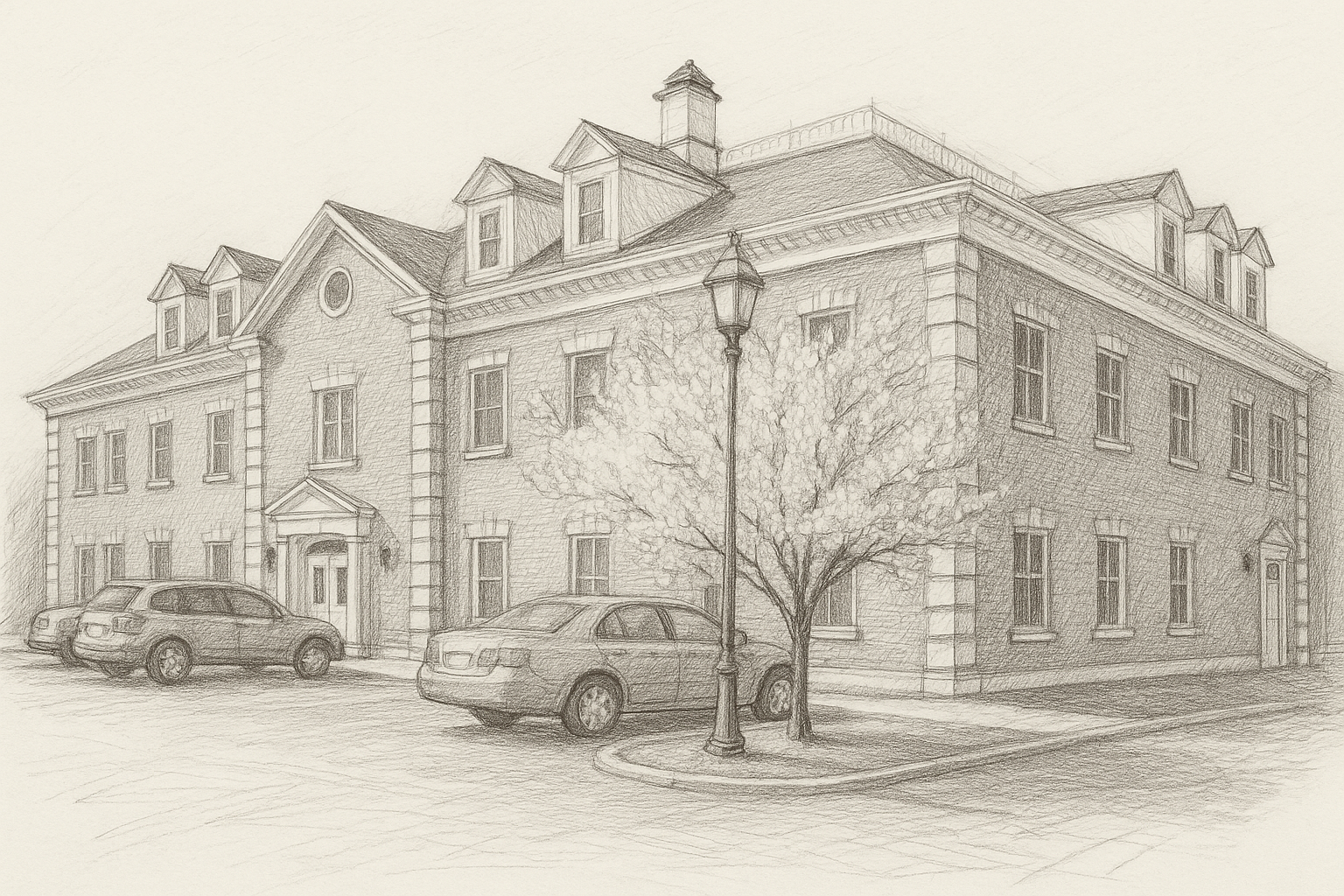Navigating Insurance: Property Line Disputes & Coverage
Homeownership comes with a myriad of responsibilities, and navigating property line disputes can be particularly stressful. Whether it's a fallen tree, fire, or flooding, unexpected damage can be overwhelming for homeowners. Understanding the intricacies of insurance coverage in these situations is crucial for ensuring financial protection. This blog will address common questions about homeowners insurance and property boundaries, helping you feel more secure in your coverage decisions.
Handling Tree Damage Responsibility
When a storm hits, and a tree from a neighbor’s property falls onto your house, it might seem clear-cut. However, your own insurance typically covers the damage. The situation changes if the tree was dead or in poor condition, and your neighbor was aware of the risk; their insurance might be liable in such cases.
Dealing with Fire Damage from a Neighbor
Fires spreading from neighboring properties are distressing events. Fortunately, homeowners insurance generally covers this kind of damage. However, if negligence, like an unattended candle or faulty wiring, is the culprit, your insurance provider may seek reimbursement from the responsible party’s policy through a process known as subrogation.
Managing Flooding from a Neighbor's Property
Flooding due to poor drainage, malfunctioning downspouts, or changes in landscaping can create hefty challenges, especially when proving negligence. It's crucial to note that typical homeowners insurance often does not cover flooding. For these scenarios, a dedicated flood insurance policy is recommended.
Shared Fence Repair Costs Explained
Storms don't discriminate, and when a shared fence is harmed, neighbors generally split the repair costs. However, if one party's actions directly caused the damage, such as reckless driving or intentional harm, they might have to shoulder the entire expense.
Understanding the Insurance Claims Process
When damage results from your neighbor’s actions, the claims process can be daunting. Subrogation allows insurers to pursue reimbursement from the neighbor’s insurance if negligence is established. However, if negligence is not proven, your own policy will typically cover the damages without involving the neighbor’s insurance.
Taking stock of your current insurance policies is always a wise move. Consider reviewing your coverage, including whether additional protection like flood insurance is necessary. Consulting an insurance professional can provide clarity to your coverage details and grant you peace of mind amid property line disputes and unexpected damages.

